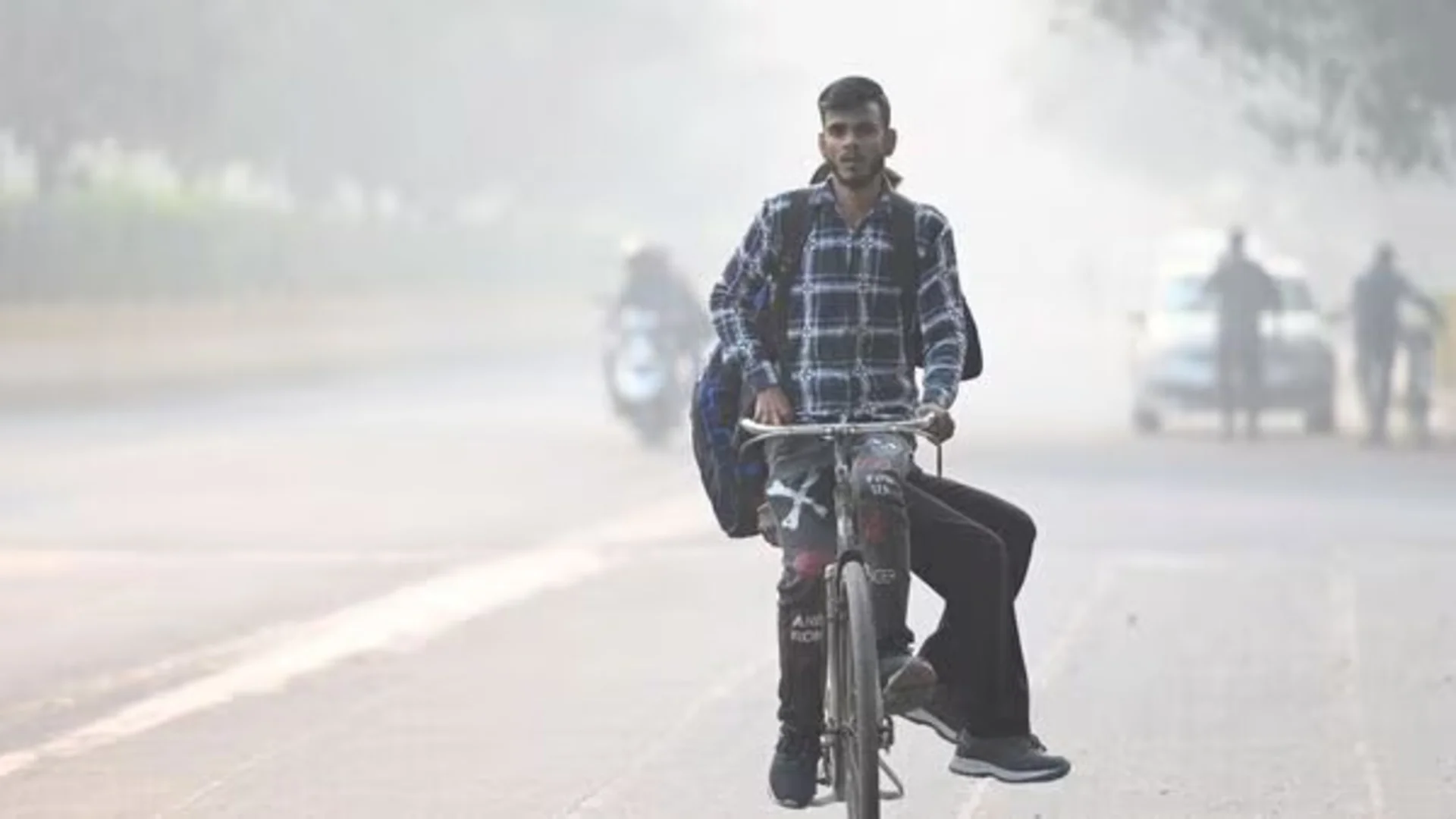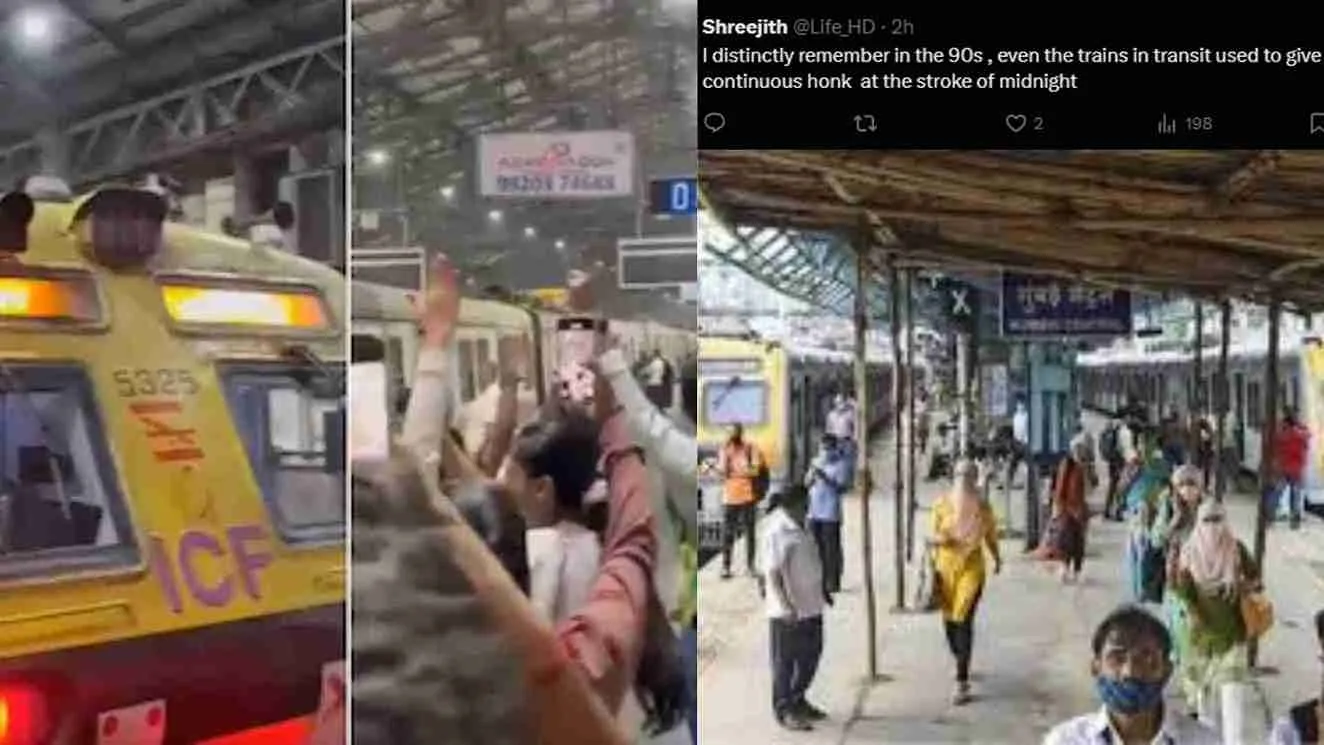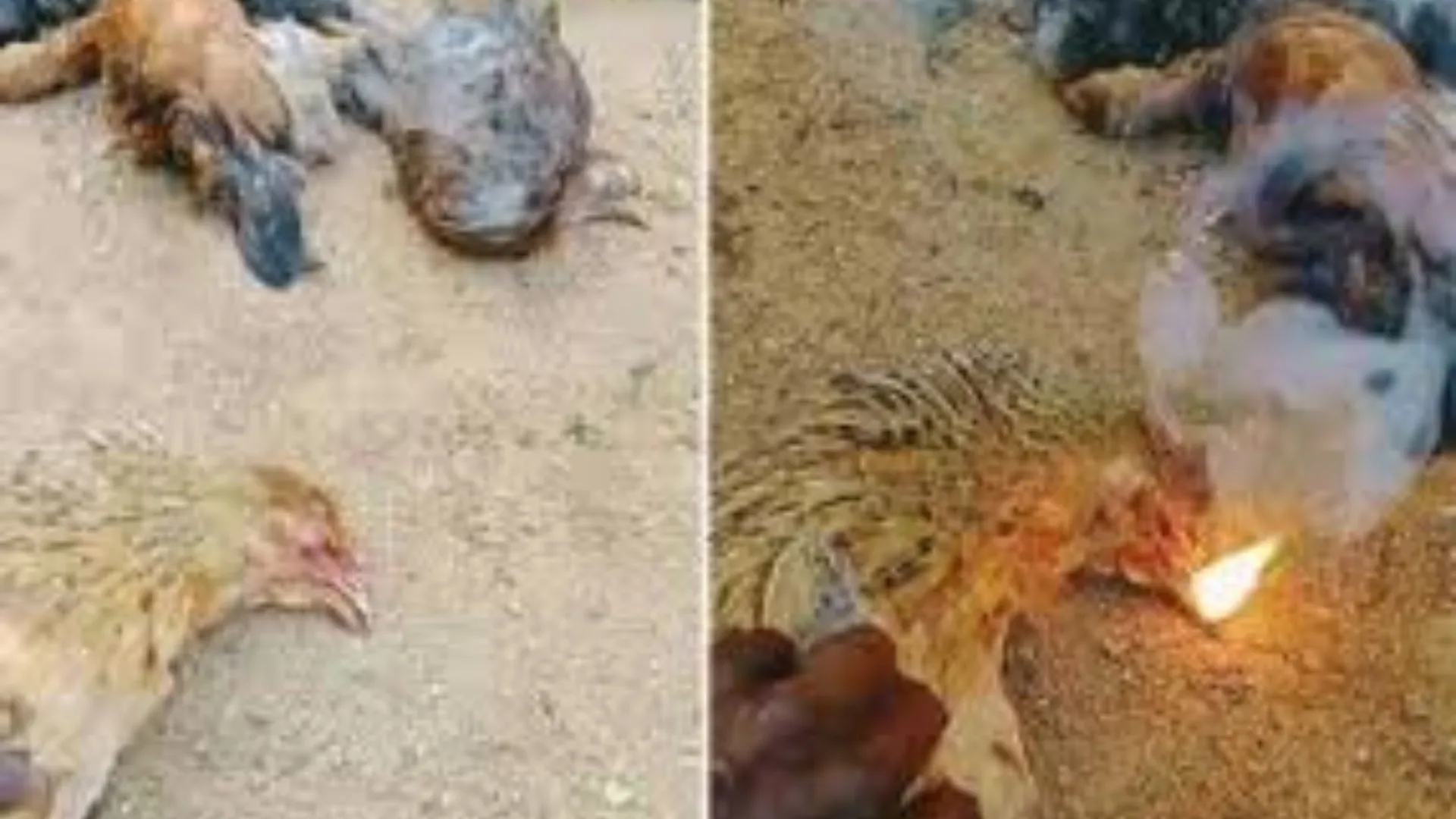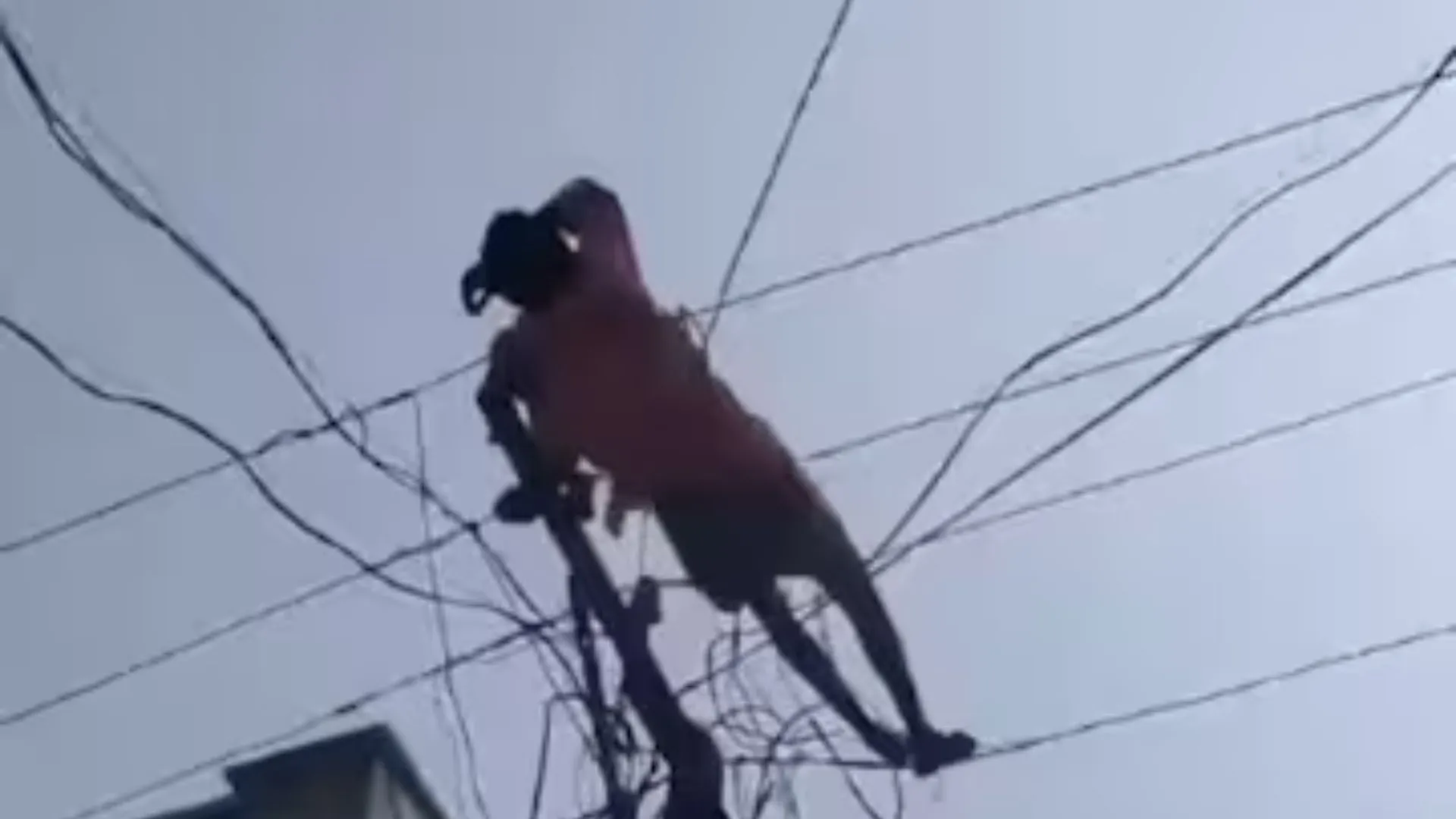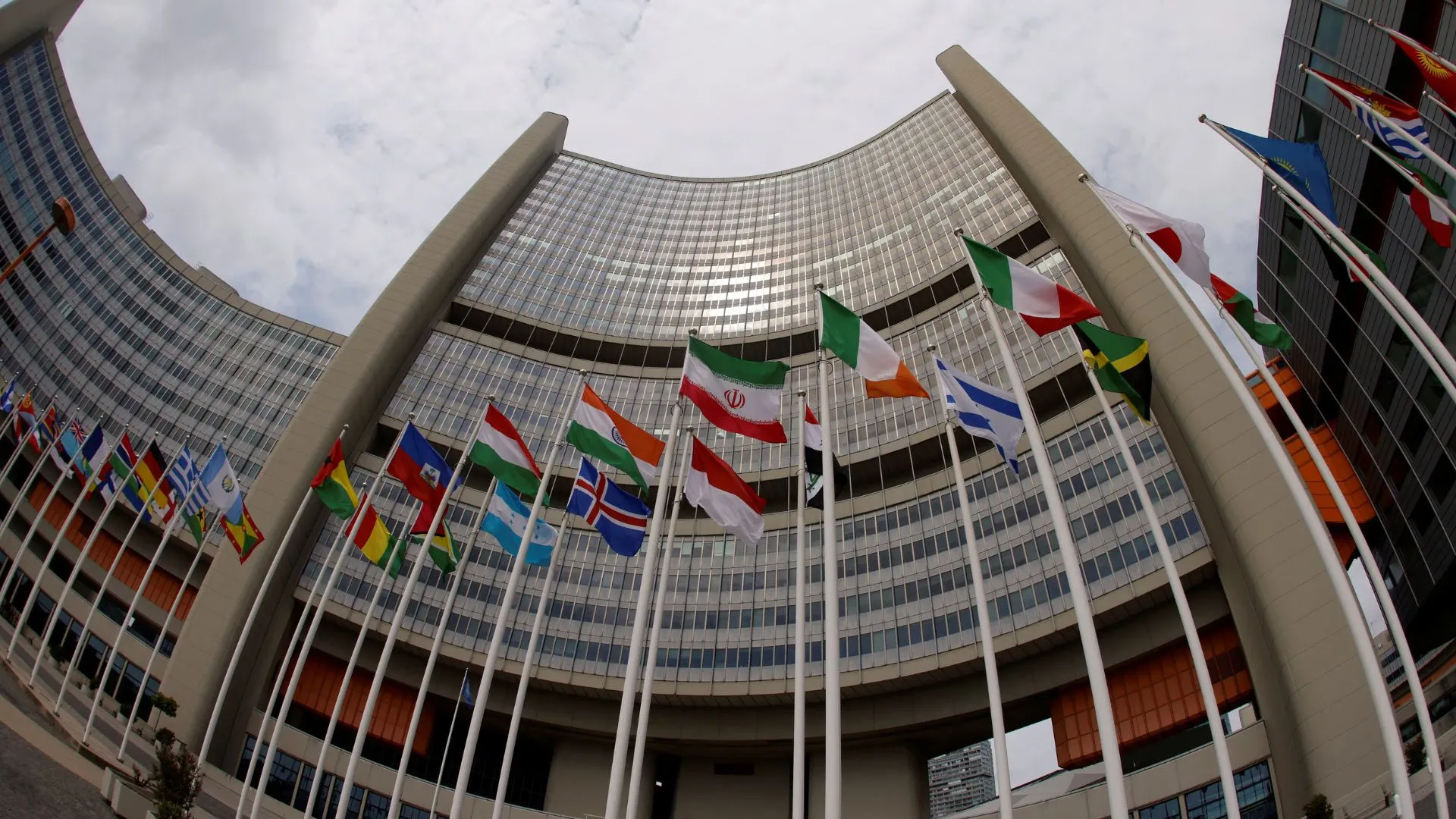As air quality in Delhi deteriorates, the Commission for Air Quality Management (CAQM) has intensified efforts to implement and enforce the Graded Response Action Plan (GRAP) to mitigate pollution levels.
Key Deliberations in the 19th CAQM Meeting
On November 27, during its 19th meeting, the CAQM addressed several critical issues:
Review of GRAP Implementation: Evaluated actions taken by various agencies under GRAP to ensure compliance and effectiveness.
Issuance of Directions: Assessed directives issued since the previous meeting on July 3, focusing on their impact and adherence.
Environmental Compensation for Stubble Burning: Discussed revised charges to deter paddy residue burning, a significant contributor to air pollution.
Monitoring of Paddy Residue Burning: Reviewed surveillance measures to track and reduce instances of stubble burning.
Enforcement in Other Sectors: Analyzed actions in industries and construction and demolition (C&D) projects to curb emissions.
Implementing agencies committed to regularly reviewing air pollution control measures and enforcing strict actions across various sectors, including those outlined in GRAP.
Supreme Court’s Directives
The Supreme Court has mandated immediate actions to address the pollution crisis:
Checkpoints at Entry Points: Ordered the establishment of checkpoints at all 113 entry points to Delhi to monitor and restrict truck entries.
Appointment of Court Commissioners: Appointed 13 members of the bar as court commissioners to oversee and verify the enforcement of truck entry restrictions.
The Court expressed dissatisfaction with the compliance of GRAP Stage IV measures, highlighting failures by the Delhi government and police to enforce mandated actions.
Implementation of GRAP Stage IV
In response to escalating pollution levels, Stage IV of GRAP has been activated, enforcing:
Prohibition of Truck Entry: Banning the entry of trucks into Delhi, except those carrying essential commodities.
Halting Public Construction Projects: Suspending all public construction activities to reduce dust and emissions.
Additional Mitigation Measures
The government has directed the use of truck-mounted water sprinklers to suppress dust and particulate matter, aiming to alleviate pollution effects.
The CAQM, in collaboration with the Supreme Court and various implementing agencies, is intensifying efforts to address Delhi’s air pollution crisis. Strict enforcement of GRAP measures and additional directives are being pursued to safeguard public health and improve air quality in the National Capital Region.

